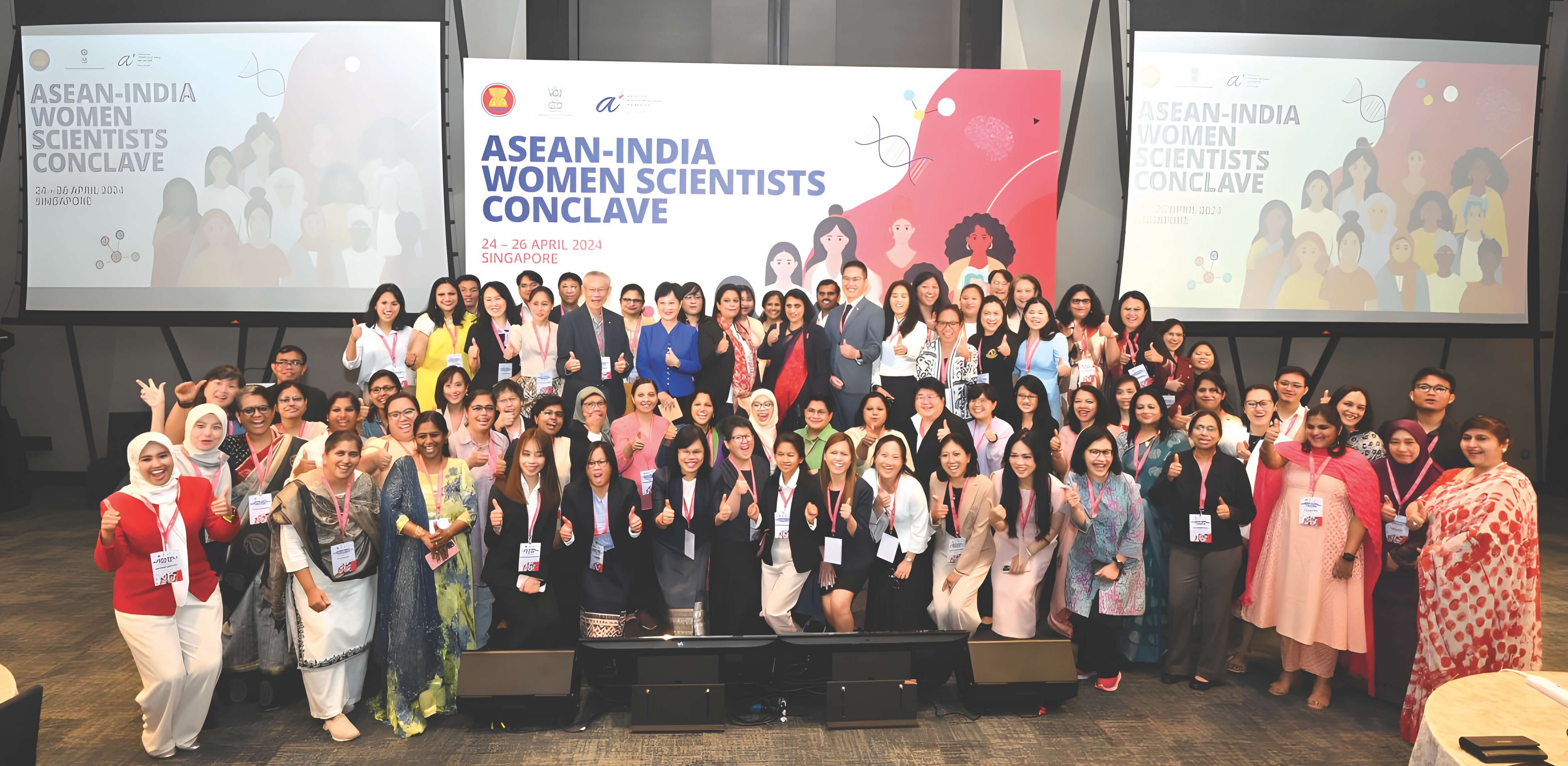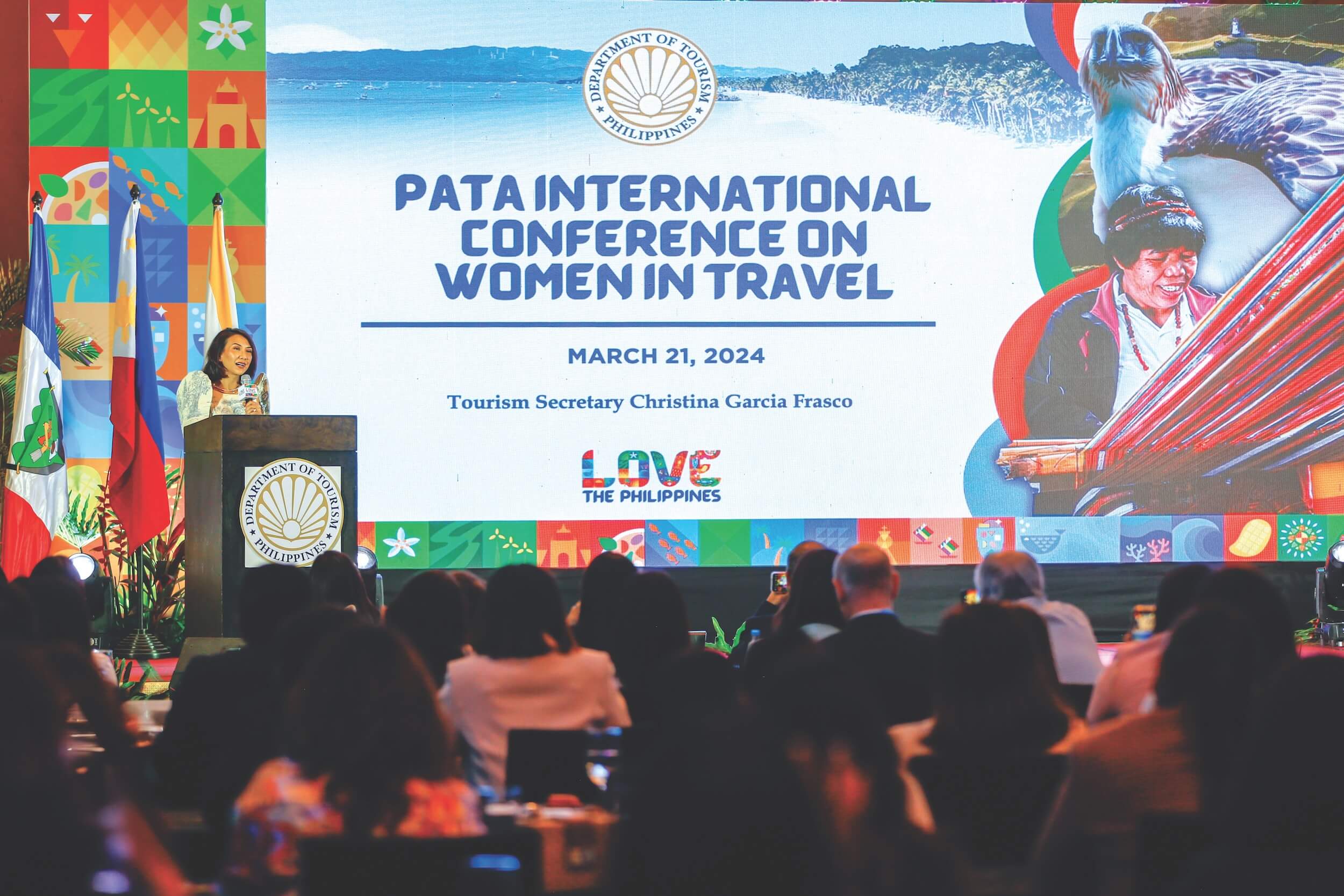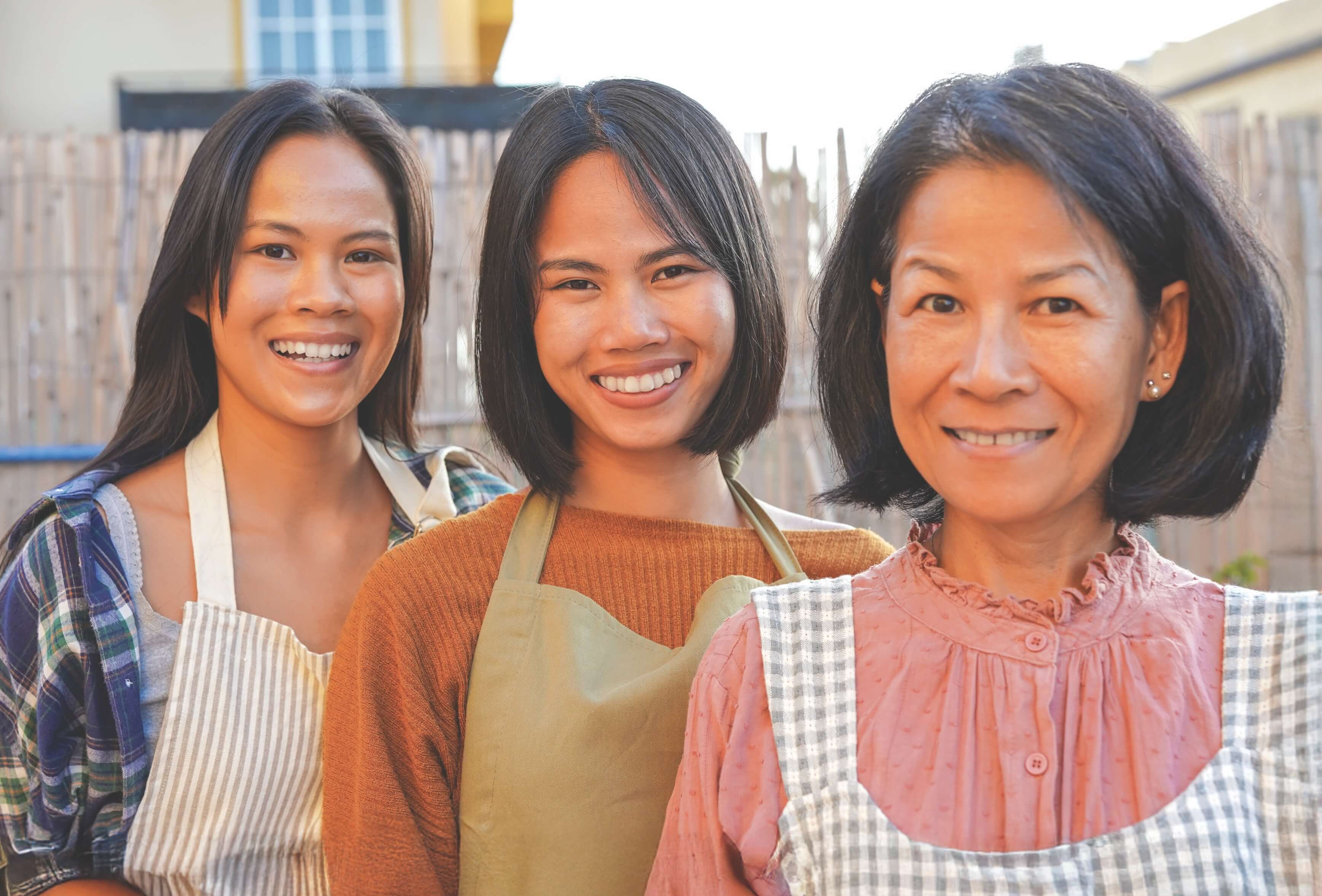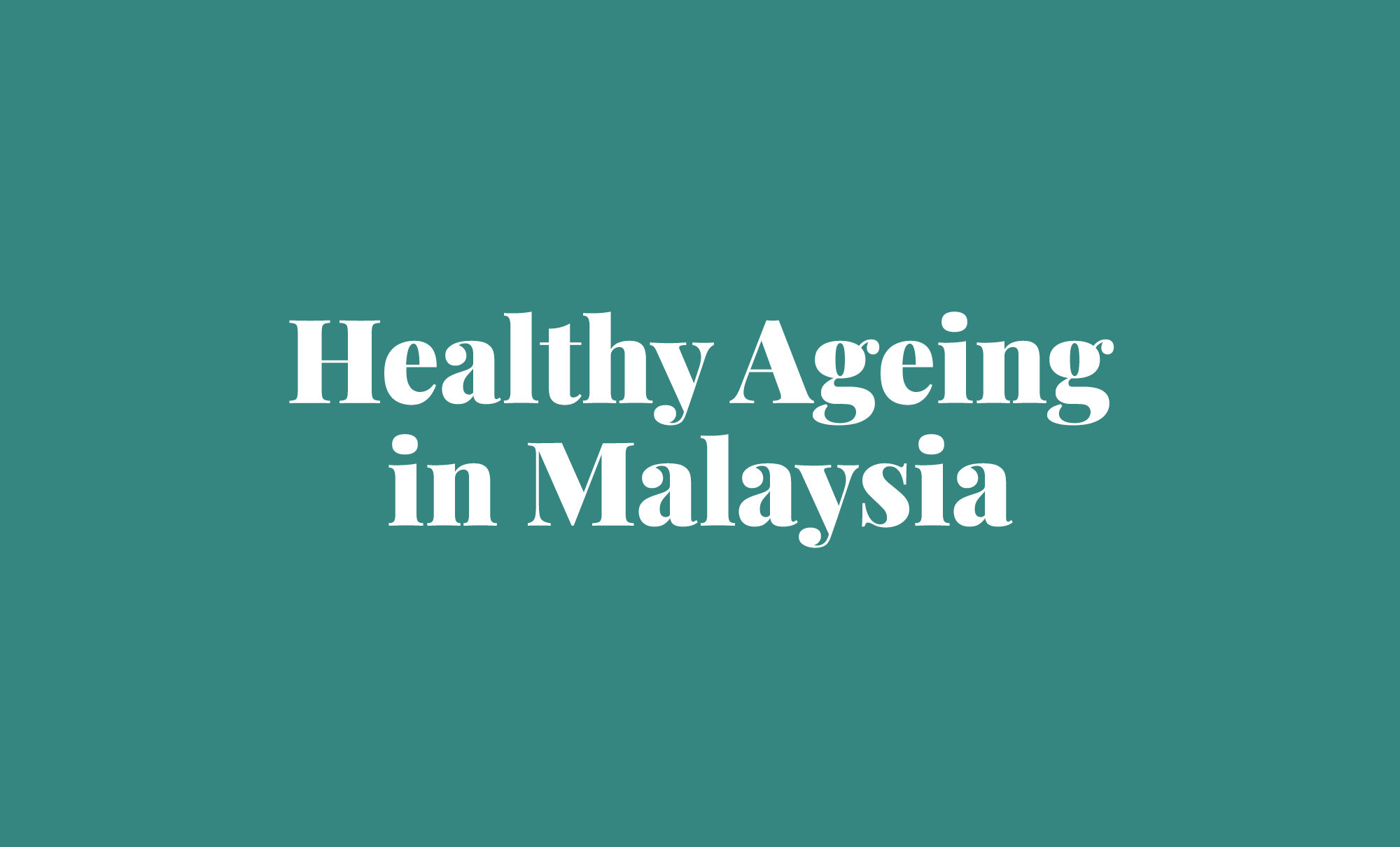



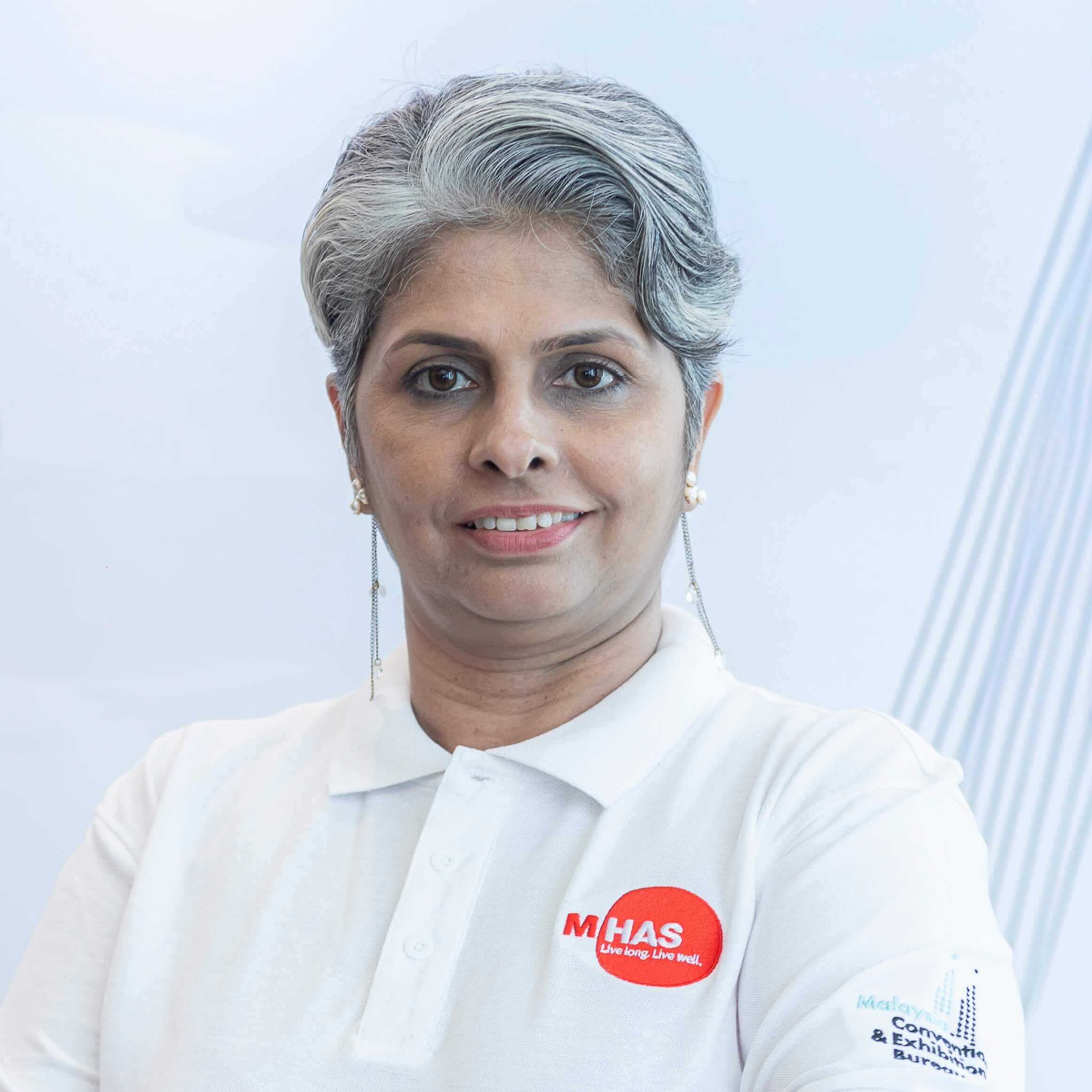
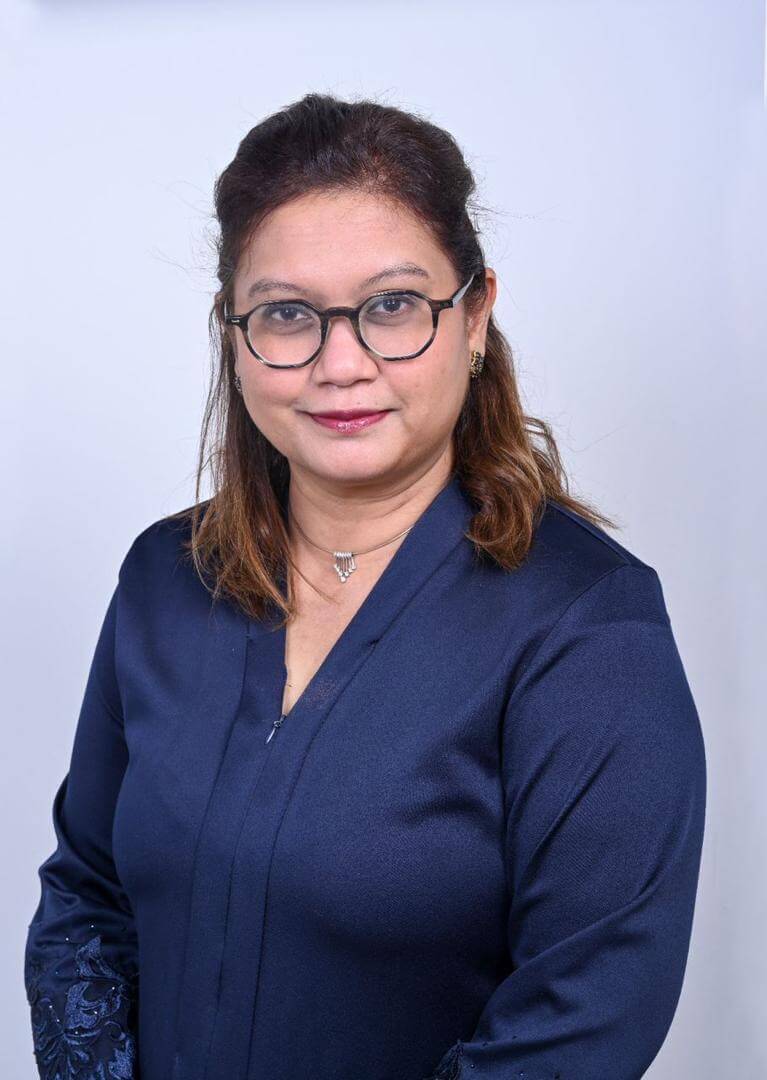
Malaysia is transitioning into an ageing society, with individuals aged 60 and above expected to comprise more than 15 per cent of the population by 2030. The most pressing challenges include:
- Limited access to age-friendly healthcare services, particularly in rural and semi-urban areas.
- Shortage of trained geriatric care providers, caregivers, and age-sensitive support systems.
- Rising prevalence of non-communicable diseases (NCDs) and mental health issues among older adults.
- Insufficient social protection mechanisms, including retirement security and affordable long-term care.
- Inadequate infrastructure and urban planning for mobility, safety, and accessibility.
Concept and benefits of healthy ageing
Healthy ageing, as defined by the World Health Organisation (WHO), involves developing and maintaining the functional ability that enables well-being in later life. It encompasses physical, mental, and social health, with the aim to (i) prolong independent living and reduce the burden of chronic disease; (ii) improve the quality of life and psychological resilience; and (iii) enhance participation and engagement in community life.
It requires linking private and government entities to reduce healthcare costs, applying government policies for urban or rural poor communities, and reducing dependence on institutional care.
The Malaysian Healthy Ageing Society (MHAS) promotes healthy ageing as a lifelong process that begins in early adulthood and is influenced by behavioural, environmental, and policy factors.
Malaysia Healthy Ageing Society: Goals and activities
MHAS’s core goals are to: (i) advocate for healthy and active ageing at national and community levels; (ii) strengthen workforce capacity through education and training in geriatric and community care; (iii) promote public awareness of age-related health and lifestyle needs; and (iv) support age-friendly policies in healthcare and urban development.
Key factors, including nutrition, physical activity, mental health, and social participation, are central to our advocacy and programming.
We support health screenings and fitness sessions at community events co-hosted with the Ministry of Health, including mental health screenings, advocacy for social well-being, muscle strength testing, and chair yoga, to enhance mobility, promote independent living, and encourage physical activity.
We also work with dietitians to promote balanced, culturally appropriate nutrition for older adults; advocate for Mental Health First Aid (MHFA) training to improve early detection and responses to psychological distress; and support intergenerational programmes and volunteering to encourage inclusion and purpose.
MHAS works closely with various government agencies, such as the Ministry of Health; the Ministry of Women, Family and Community Development; and local councils to ensure healthy ageing is embedded in policies and programmes, such as the National Policy for Older Persons, the Elderly Healthcare Services Action Plan (2023–2030), and Age-Friendly City (AFC) frameworks in municipalities like Penang, Ipoh, Taiping, Sibu, Kuching, Petaling Jaya, and Johor Bahru. MHAS is also a National Ageing Council committee member, chaired by the Director General of Health.
We regularly submit policy recommendations, co-host workshops, local and international conferences, and engage/participate in technical committees to influence planning in healthcare, housing, and community development.
At the community level, MHAS supports a range of initiatives, including:
- Age-Friendly City pilot projects, where over 2,600 older residents were engaged in evaluation studies, leading to improvements in signage, public transport, and senior-friendly spaces.
- Promoting community engagement that builds physical and mental resilience, encouraging older persons to stay physically active and socially engaged.
- Caregiver training workshops which empower family members and volunteers to provide home-based support with international certification pathways.
Over 70 per cent of participants in community events report improved awareness and lifestyle practices. Feedback from the older population also indicates increased confidence, reduced isolation, and a stronger sense of community belonging.
Vision for the future of ageing in Malaysia
MHAS envisions a Malaysia where older adults thrive, supported by inclusive policies, empowered by knowledge, and integrated into the social fabric. To achieve this, we believe the following are essential: (i) expansion of community-based services and age-friendly urban planning; (ii) mainstreaming geriatric training in healthcare and caregiving curricula; (iii) greater investment in preventive care and mental health support; and (iv) stronger cross-sector partnerships, including public-private collaborations and civil society engagement.
Malaysia’s ageing journey must be shaped by policy and people, by ensuring that older adults are seen, heard, and valued.
For more information on MHAS, kindly visit www.healthyageing.org
The views and opinions in this article are solely those of the authors and do not represent the policy or official position of ASEAN.




